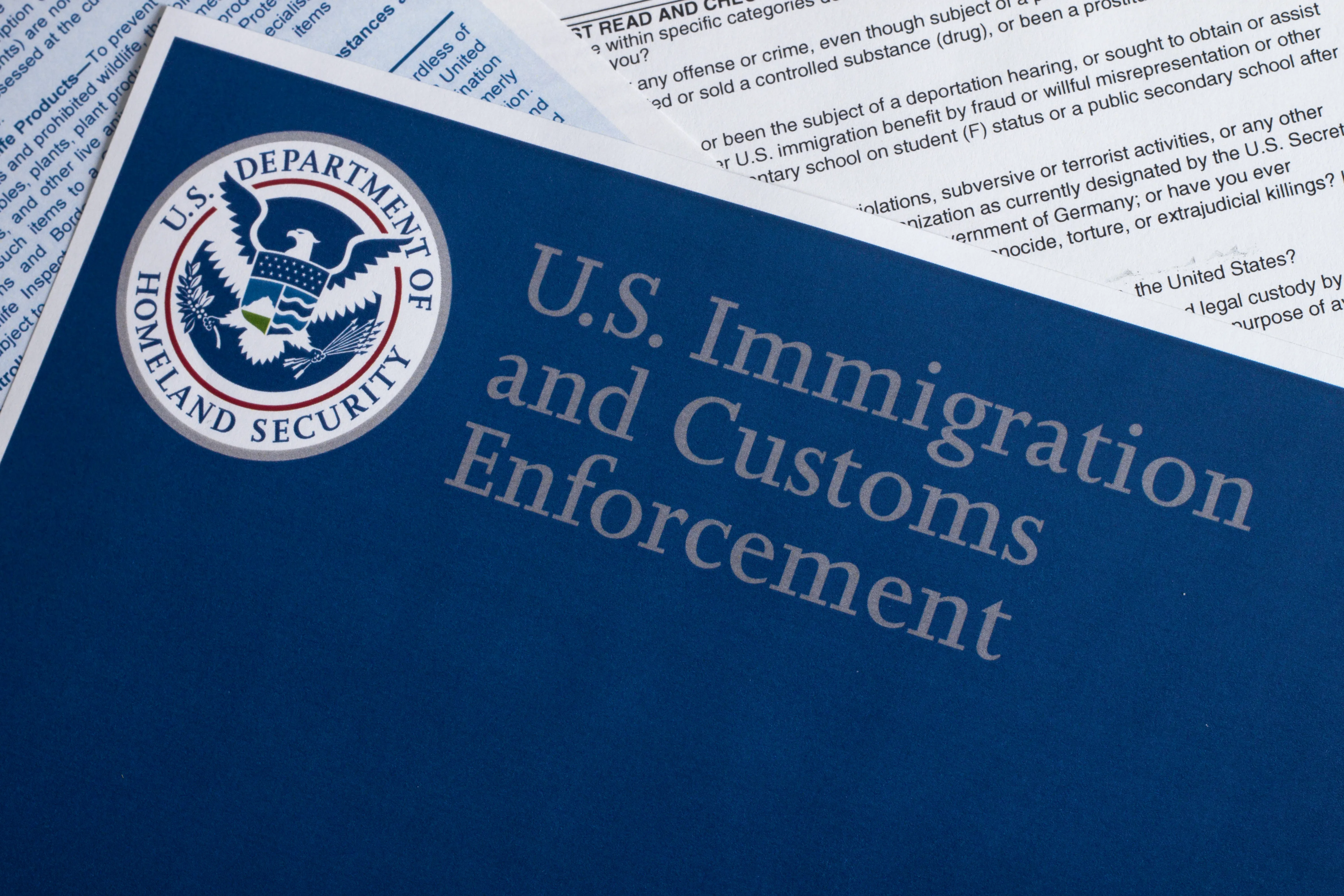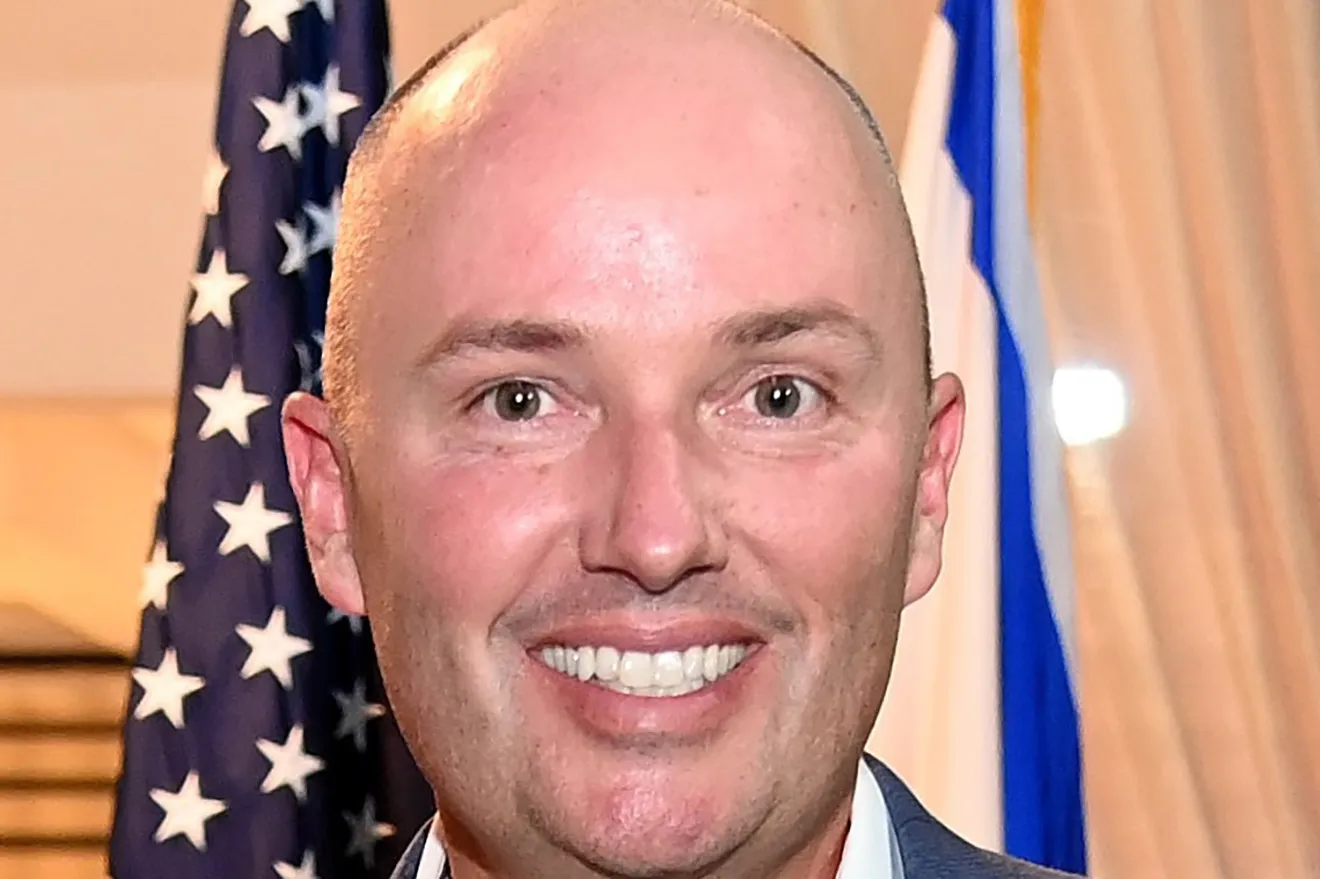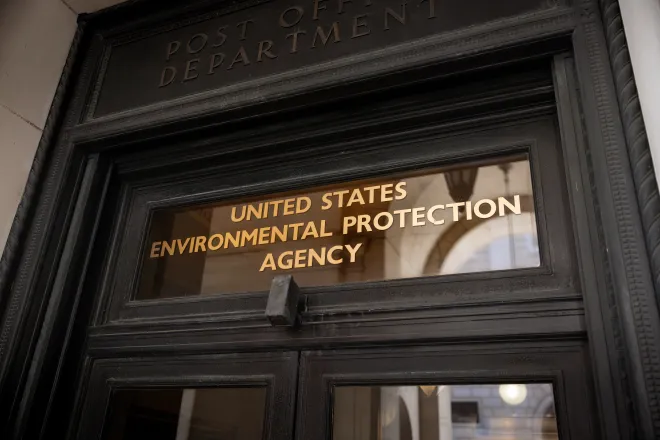
Daily Audio Newscast - November 6, 2025
© AlexLMX - iStock-823000260
Six minutes of news from around the nation.
Key justices cast a skeptical eye on Trump's tariffs; Old farm chemicals haunt Indiana groundwater; Bipartisan opponents speak out against proposal for NV film tax credit; Pennsylvania's early childhood education in crisis, report finds.
TRANSCRIPT
The Public News Service Dillon Newscast, November the 6th, 2025.
I'm Mike Clifford.
A majority of Supreme Court justices Wednesday asked skeptical questions about President Trump's use of emergency powers to impose tariffs on imports from nearly every U.S. trading partner, casting doubt on a centerpiece of the administration's second-term agenda.
That's from the New York Times.
They report the outcome of the case, which could be decided within weeks or months, has immense economic and political implications for U.S. businesses, consumers, and the President's trade policy.
Meantime, Indiana's farmland depends heavily on groundwater, and a new federal study shows pesticide contamination remains a concern despite signs of a decline.
The U.S. Geological Survey reviewed pesticide levels in wells nationwide, including some in the Midwest over the past three decades.
The report finds moderate levels of five older pesticides including atrazine and simazine, but raises questions about chemicals not tested like glyphosate and dicamba, both widely used across Indiana.
Jay Feldman, executive director of Beyond Pesticides in Washington, says the results don't tell the full story.
Essentially, we've seen new chemicals pop on the scene since we originally started testing And this study did not evaluate those newer chemicals.
The U.S. Geological Survey acknowledges limitations, noting only 22 pesticides were analyzed and none of them are the newer ones commonly used today.
Still, the agency calls the overall decrease in concentrations encouraging for public health.
I'm Joe Ulori, Public News Service.
Find our trust indicators at publicnewsservice.org.
And Governor Joe Lombardo is reportedly considering calling a special legislative session on whether to expand tax credits more films and TV production to Nevada, but the idea has drawn bipartisan criticism.
No new bill has been published, but last session, Assembly Bill 238 proposed to lure more production jobs to the Silver State by raising the cap on the state tax credit program from $10 million to $95 million.
State Senate Minority Leader Robin Titus, a Republican, says if the tax credits are transferable, that's money coming out of the budget that could be used to fund basic services. they get to sell their transferable tax credits to another business that would be paying taxes to offset that.
And so that that's money actually out of the general fund that would otherwise go to schools and health care.
Democratic Assembly Member Natha Anderson says she'd need to see the specifics of a new bill before commenting on whether there should be a special session.
I believe that that is a governor's decision.
The state of Georgia instituted a program of transferable film and TV credits in 2005, which has grown to $900 million per year.
The previous bill would have authorized the tax credits for 15 years.
I'm Suzanne Potter.
This is public news service.
A new report warns Pennsylvania's early childhood education system is in crisis, threatening children, families, and the state's economy.
The 2025 state of early care and education in Pennsylvania finds more than 160,000 eligible children lack access to quality programs.
Maggie Leibelsberger with Pennsylvania Partnerships for Children says the report reveals families can't find or afford care while low pay is driving educators out of the field.
Some of the biggest findings are just how many families are really in search of care. 72 percent of families with children under the age of six have all available caregivers in the workforce and so they need to be able to access child care and pre-k programs to be able to go to work.
Liablesberger says Pennsylvania loses about 6.65 billion dollars each year due to child care shortages, a loss she says hurt to both families and the state's overall economy.
Danielle Smith reporting.
In New York, academics are part of a nationwide protest of a controversial definition of anti-semitism.
Some Remember its Alliance's definition considers anti-semitism includes speaking against Israel or its government policies But this has been used to censor speech from groups such as Amnesty International by claiming its anti-semitic Academics are protesting the definition by violating the examples relating to Israel.
Dr. Jonah Rubin with Jewish voice for peace says this definition Ignores the truth if you're engaged in Holocaust studies You will be doing comparative work around genocide and that is banned under the IHRA If you are teaching anything about Palestine-Israel, you have to self-censor in order to comply with the IHRA.
He says political advocacy, research, and other teaching around holding Israel accountable for what it's done in Palestine is banned under the IHRA definition.
There are concerns about the definitions used by the Trump administration, along with advocates such as Rubin, Kenneth Stern, who wrote the definition, condemns the administration's use of it, saying it does more to censor pro-Palestinian speech than protect Jewish students.
I'm Edwin J. Viera.
Finally, as the Postal Service marks its 250th anniversary, Ohio postal workers are urging cities and counties to pass proclamations recognizing its public mission and opposing efforts to privatize mail delivery.
Angela Lisch is a retired postal worker and member of the Ohio State Auxiliary of the American Postal Workers Union.
She says residents often don't realize what's at stake.
Everybody should care.
You know, it goes from the customers to the employees, even out of our country, because right now we are regulated.
If it's privatized, they can pretty much do what they want to do.
The Postal Service operates without taxpayer funding, relying instead on postage and product sales.
Farah Siddiqui reporting.
This is Mike Clifford for Public News Service, member and listener supported.
Find our trust indicators at publicnewsservice.org.

















